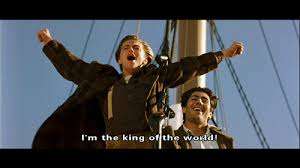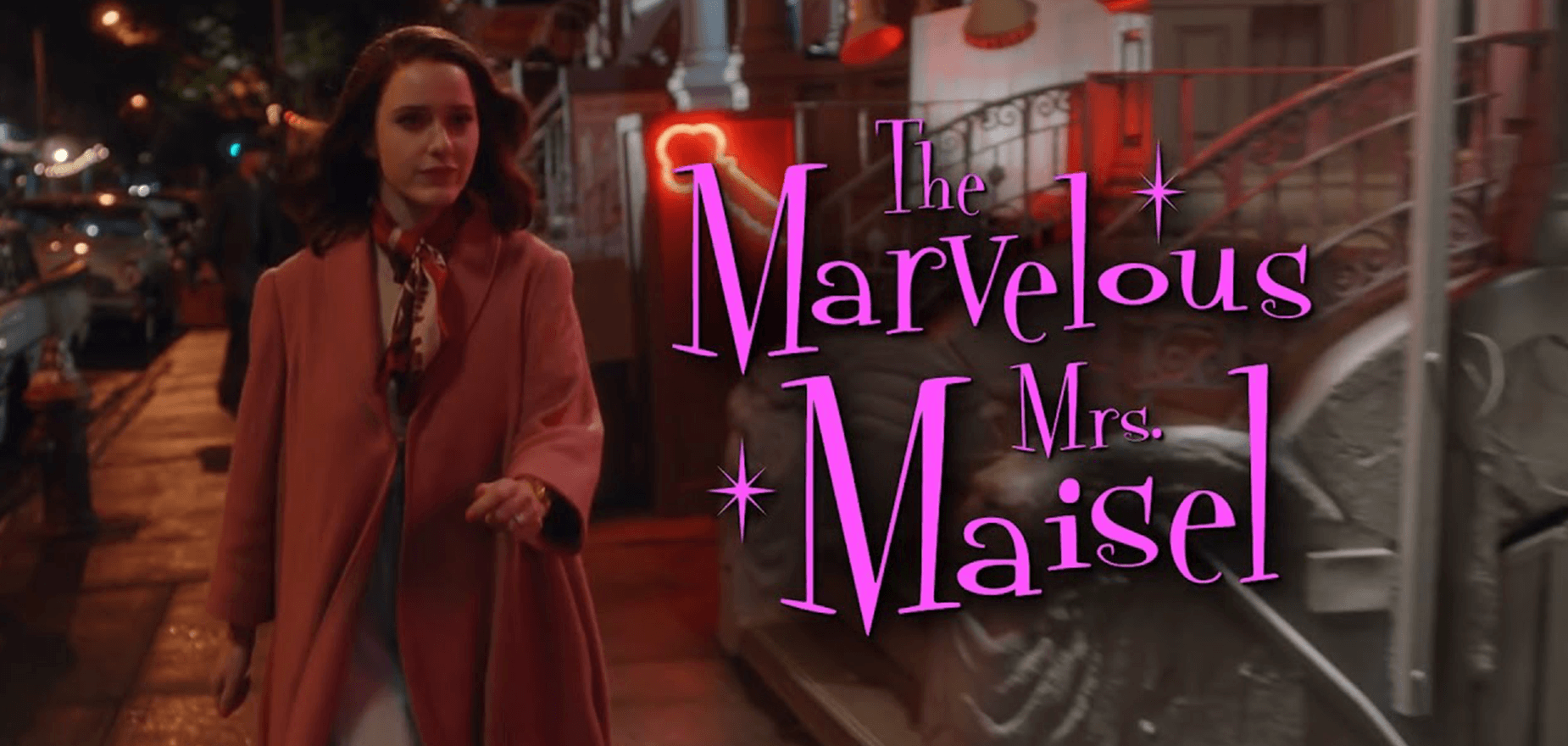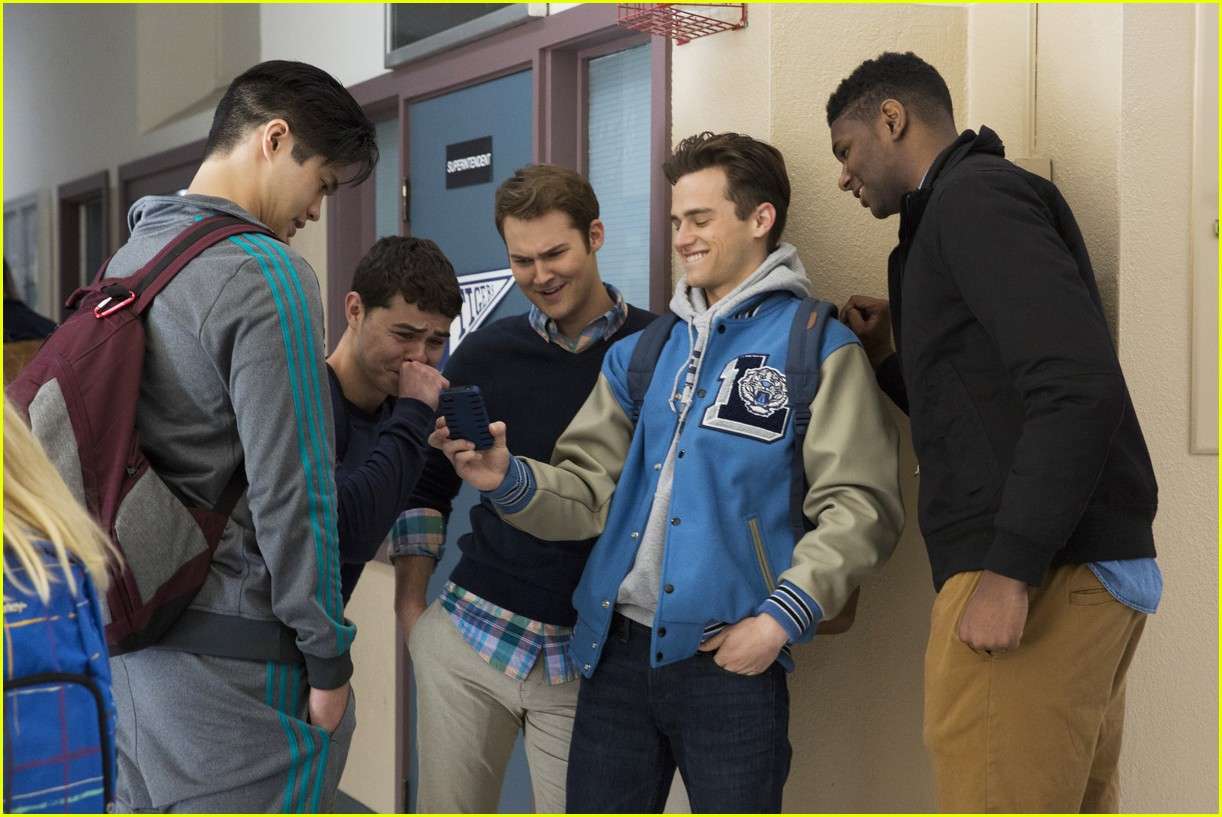
I’m the king of the world! — James Cameron on accepting the 1998 Best Director Oscar for Titanic (1997) Nothing epitomizes the insularity, vanity, and self-regard of the entertainment industry like awards shows.

I’m the king of the world! — James Cameron on accepting the 1998 Best Director Oscar for Titanic (1997) Nothing epitomizes the insularity, vanity, and self-regard of the entertainment industry like awards shows.

Laura Mulvey’s “Visual Pleasure and Narrative Cinema” is the gift that enigmatically keeps on giving. An avowed overstatement for polemical purposes, Mulvey’s essay, as she had hoped, was and remains a springboard for discussing sexism in the media. Recently, because of the Amazon series The Marvelous Mrs.

This post has originally been published on the Women’s Film and Television History Network blog. Katarzyna Paszkiewicz gives an exclusive insight into the evolution of her new publication, co-edited with Mary Harrod, which develops key theoretical questions in relation to women and genre.

Last year I had the opportunity to spend time researching the women involved in the development of early BBC television, from the experimental years of 1936-1939 and from the relaunch of the service following the end of the war, to the professionalization of the service by the 1950s.

Political Studies Association: Media & Politics Group Annual Conference 2018 Political Reversals and Renewals University of Nottingham: 8-9 th November 2018 The theme for this year’s Political Studies Association Media and Politics Group conference is Political Reversals and Renewals.

With deep-felt thanks to the respondents. There is a wonderful video on YouTube that shows David Morley being interviewed about his time at the Centre for Contemporary Cultural Studies (CCCS) and his and Charlotte Brunsdon’s work on Nationwide . The video looks like it might be from the late 1980s, early 1990s, and Morley is in quite a reflective mood/mode, explaining how he came to the CCCS and how he came to do the work he

In a world of increased professional mobility, which often transplants scholars internationally for various lengths of stay, I have always felt myself at home with television. No matter where I moved – access being less of a problem today than ever before, I found a way to reconnect with what I loved, explore what is new, and understand the culture (and its misrepresentations) with a little help of my screen friends.

At most screen and media studies conferences television scholarship is too often relegated to a single session or superficially dealt with as a contributory example when discussing broader industrial developments. However, the University of Westminster’s recent TRANS-TV conference focused solely on the specific and yet expansive notion of “transformations” in television.

** This blog contains spoilers ** Firstly, apologies – this blog contains spoilers. But seeing as 13 Reasons Why was released on Netflix in the UK several months ago (and already covered in a blog by William Proctor back in May), I’m hoping this won’t be too much of a problem.

Call for Papers – Special Issue of Science Fiction Film and Television Guest Editors: Lorrie Palmer and Lisa Purse “When the Astronaut is a Woman: Beyond the Frontier in Film and Television” With the release of Hidden Figures (Melfi, 2016), public perception of the iconic era of the space race was reconfigured.